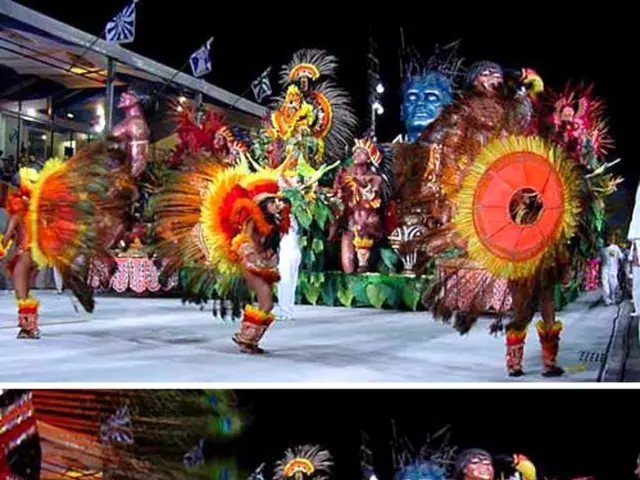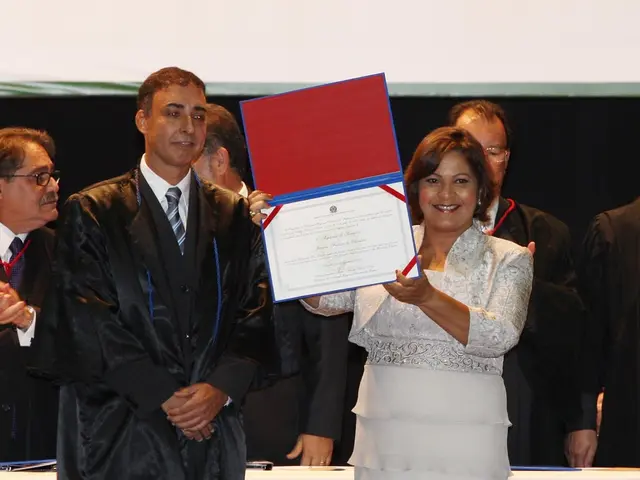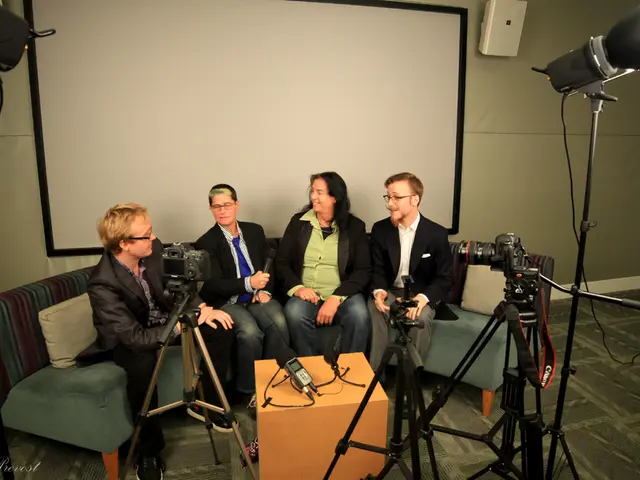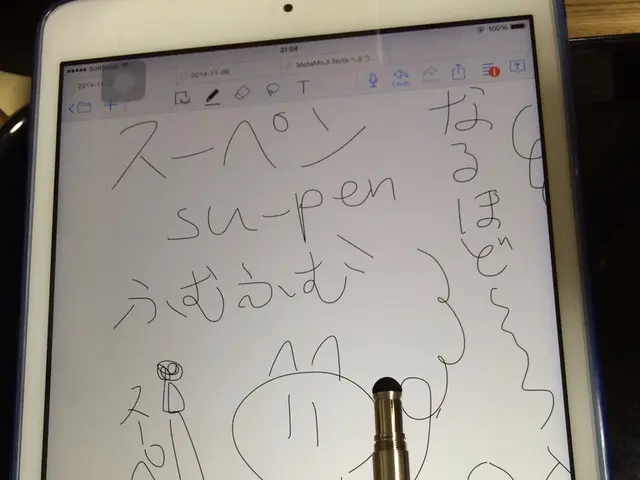Redefining Learning: Anil Srinivasan's Plan for Nurturing Creative Intelligence via Rhapsody and Kruu
Fresh Take:
Meet Anil Srinivasan, the Indian maestro who's reshaping education with a melodious twist. A man of many talents - a celebrated musician, an educational pioneer, and a cognitive neuroscientist - Anil is revolutionizing the way we learn.
With a string of awards under his belt - the Kalaimamani and the Ustad Bismillah Khan Yuva Puraskar - Anil has been making waves in the world of education, leaving an indelible mark on South India's classroom scene. His innovative approach to learning is rooted in his academic journey from Colombia University and his profound understanding of cognitive neuroscience.
Anil's journey is as fascinating as it is accidental. A passion for music that started at three years old led him down a winding path, from getting a degree in economics, to studying music at renowned institutions like the Manhattan School of Music and Juilliard. Columbia University opened up a whole new world for him, merging math with music, which eventually led to his focus on neuroscience.
But it wasn't until he returned to India that Anil's true calling came into focus. Inspired by a chance encounter with students in Tiruvaiyaru, he founded the Rhapsody program in 2013. Rhapsody, his flagship initiative, brings arts into the curriculum of over 477 schools in South India. It's gained recognition globally, earning the 'Innovation in Learning' title from the Wharton-QS Reimagine Education Awards in 2018.
Building on the success of Rhapsody, Anil launched another brainchild, Kruu, in 2022. Kruu, a revolutionary platform, bridges the gap between high school education, higher academia, and industry expertise. With over 330,000 students engaged in just 18 months, Kruu offers project-based learning, mentorship from top global academics, and industry leaders.
This interview takes you on a captivating journey, tracing Anil's transformation from a young musician to an influential educator. We delve into the evolution and triumphs of Rhapsody, and explore the vision that drives Kruu.
Interview Excerpts:
On the inspiration behind Rhapsody:"I was invited as a chief guest to a school in Tiruvaiyaru, the birthplace of the Carnatic Music Trinity. When I asked the students to name these great composers, no one knew the answer. This was my call to action."
On the influence of his academic background on Rhapsody:"My focus began to shift towards understanding how music affects the brain, especially in terms of socializing and cognitive processing."
On where Rhapsody fits in today's educational landscape:"Rhapsody's journey has been challenging. There's often high pressure for quick results, leading to some schools evaluating Rhapsody's effectiveness based on applause at performances, rather than its long-term benefits."
On the vision behind Kruu:"Kruu addresses the needs of middle and high school students through project-based learning. Unlike traditional education's segmented approach, Kruu offers creative problem-solving opportunities and exposes students to real-world professionals."
On the future of education in India and globally:"Integrating creative intelligence and art-based pedagogies is crucial. While progress in India is not as fast as one would like, continued effort and innovation can lead us towards a more creative and liberated educational future."
Anil Srinivasan's innovative approach to education, rooted in his academic journey and profound understanding of cognitive neuroscience, led to the creation of his flagship program, Rhapsody, in 2013. Inspired by a lack of knowledge about the Carnatic Music Trinity among students, Rhapsody aims to integrate arts into the curriculum of schools in South India, fostering personal growth and lifelong learning. In 2022, Anil launched Kruu, a platform that bridges the gap between high school education, higher academia, and industry expertise, focusing on project-based learning, goal-setting, and skills training for career development. Anil believes that integrating creative intelligence and art-based pedagogies is crucial for a more creative and liberated educational future, both in India and globally.








